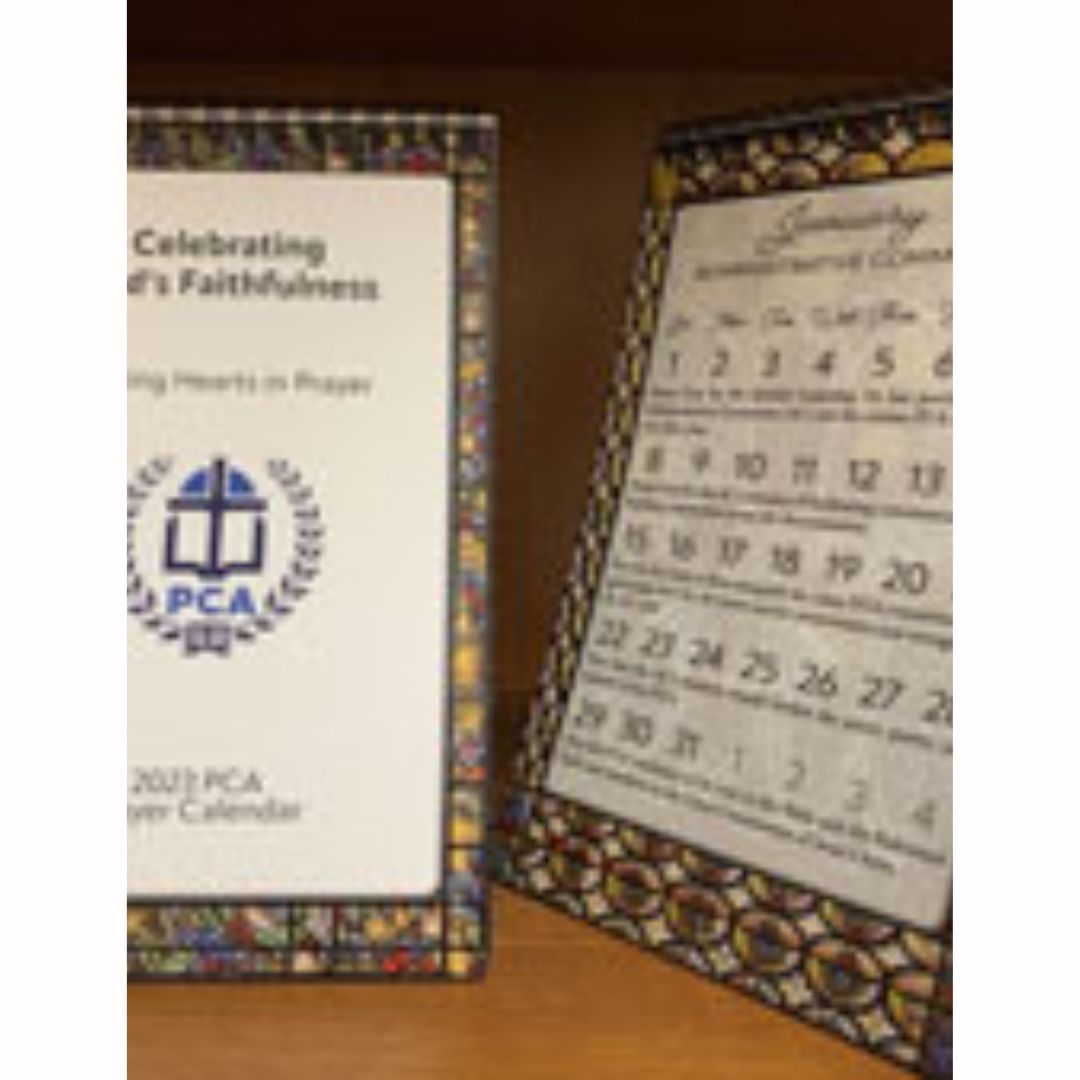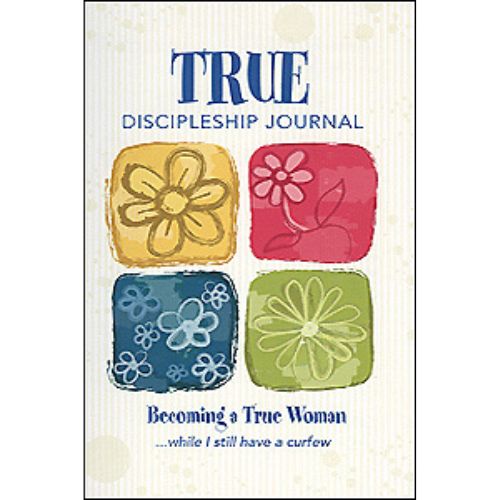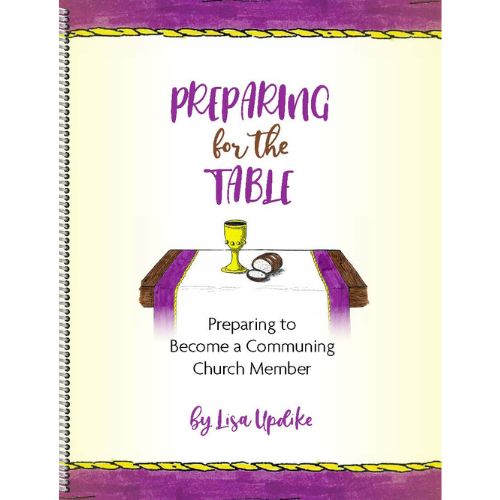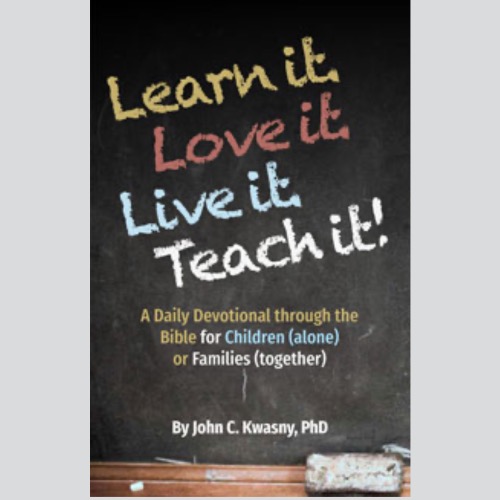Article by Dennis Bennett
This may sound like a dangerous topic in our circles, but there is so much we are missing. We do not allow children to take the elements, but why do we ignore them while the rest of us participate? Let’s think through some history.
In Jewish homes throughout the centuries, the Passover was one of the most important celebrations of the year in which a family participated together. While it is the father who would review Hebrew history and tradition on this night, a very unique responsibility was given each year to the youngest child, remembering that at least for one year each child would have been the youngest. It was a treasured position for the youngest child to be able to ask this most important question: “Why is this night different from all the others?” The father would then tell the family the story of Israel’s history from the time of Abraham.
Click here to read entire publication in PDF (Acrobat Reader required)
This tradition serves several purposes. It teaches the family every year about who God is and what He has done for His people. It keeps sacred the traditions that hold a family together. It utilizes a teaching method of question and answer. The meal, and all that goes on at the Passover, teaches the truths of who Christ is and what He has done (even though the Jews do not see that). It also places the children in a position of honor; they are given the privilege of asking this all-important question.
What does this have to do with the church today? There is a big emphasis currently on “intergenerational worship,” but what does that mean? What place do children have in worship, other than feeling like ignored spectators? Communion can be one of those important times when a child can be made to feel a part of the service while being taught what it is all about. Think of it this way, can you imagine the excitement each child in the church would have as they anticipate some upcoming Lord’s Supper when they would have the privilege of asking the question before the congregation: “Why is this celebration different from all the others?” This then becomes the opportunity for the pastor to teach again the truths of what communion is and why we do it as we do. This teaches not only the children, but also the adults. It helps the children to understand how important they are to God and also helps them to understand that one day they too will be able to participate fully in the elements as full members of the covenant community, of which they are already a part.
Why not try this for a few months and see if it does not give a deeper meaning to this important part of our worship.




